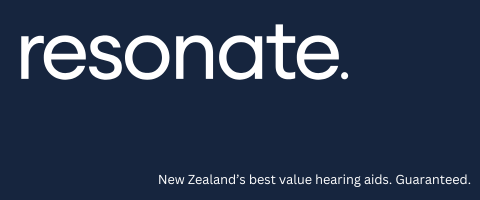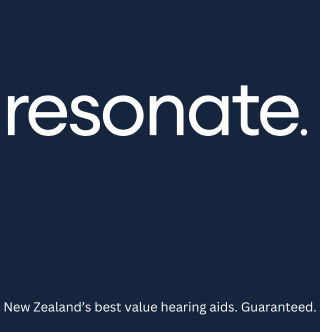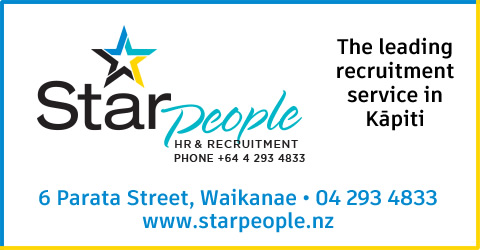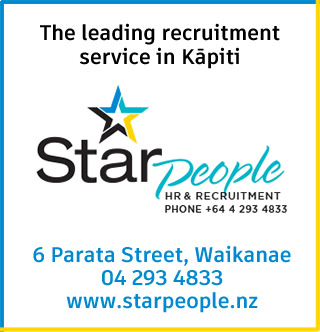
There will be no additional pokie machines added to those already in Kāpiti following the adoption of a sinking lid policy.
Kāpiti Coast District Council voted last week to adopt the Kāpiti Coast District Council Class 4 Gambling & TAB Venue Gambling Policy 2023.
The policy provides a comprehensive sinking lid which means no additional pokie venues or machines will be able to be introduced into the Kāpiti district, even if venues close or lose their gaming license.
It also means existing clubs with gaming lounges will not be able to merge, nor any Class 4 venue to relocate to another part of the district.
Over time a sinking lid can permanently lower the number of pokie venues and machines in the district. The previous policy set a cap of 15 pokie venues in the Kāpiti District.
The sinking lid also applies to stand-alone TAB venues – there are none of these in Kāpiti so this will remain the case.
Kāpiti Mayor Janet Holborow says the aim of the policy is to reduce the harm from gambling on pokie machines.
“Pokies are still the main form of problem gambling people seek help for in New Zealand,” Mayor Holborow says.
“We proposed a sinking lid approach because figures showed there had been no drop in gambling spend in Kāpiti since the policy was last reviewed. The bulk of the feedback we received during consultation showed the majority of submitters agreed we don’t need any more pokie machines or venues in Kāpiti.”
The policy change won’t have any immediate impact on venue and machine numbers. There are currently 184 pokie machines on the Kāpiti Coast – 61 in Ōtaki, 18 in Waikanae, 78 in Paraparaumu and 27 in Paekākāriki-Raumati.
Mayor Holborow says Councils are limited in what they can do to reduce gambling harm and while this won’t change anything quickly, any drop in numbers will be permanent.
“We’re pleased to be taking steps to reduce the catastrophic impacts of problem gambling on families, whānau, and the wider community.”











































